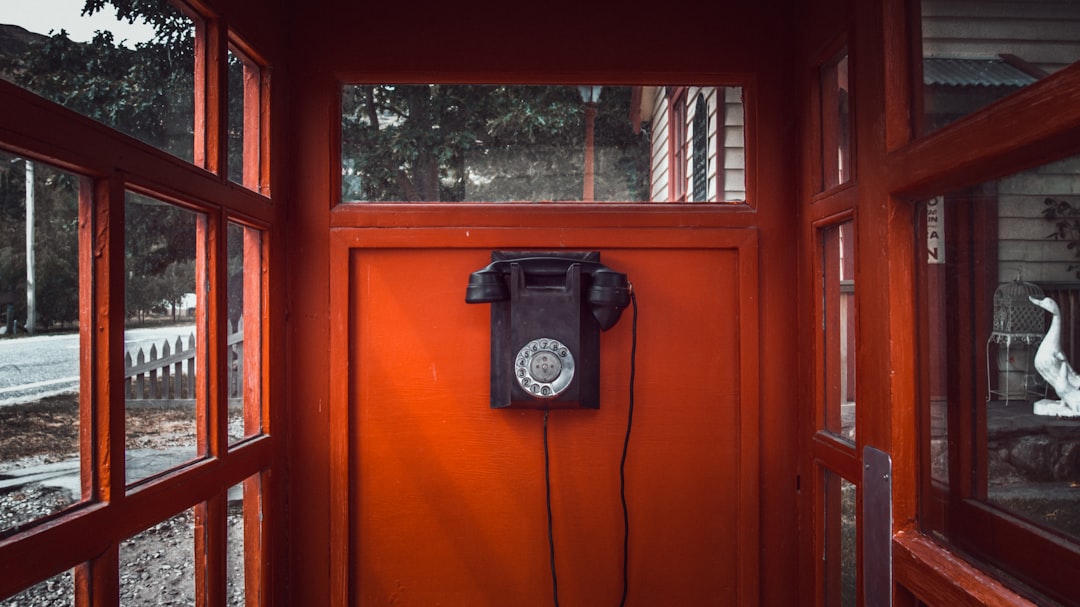Victims of unwanted calls in Vermont have legal protections and support through specialized unwanted call lawyers who guide them through state laws, block numbers, file complaints, and seek damages. Non-profit organizations offer counseling, advocacy, and support groups, while legal aid societies provide free consultations and representation for low-income individuals. These resources empower victims, foster empathy, and advocate for stronger anti-harassment laws.
Building a robust support network is vital for victims of unwanted calls, offering both emotional relief and practical assistance. Vermont has specific laws in place to combat this growing issue. This article guides you through establishing support groups, utilizing legal aid, and providing resources for those affected by relentless phone harassment.
By understanding the laws and connecting victims with specialized help, communities in Vermont can create a safer, more supportive environment. If you or someone you know is experiencing unwanted calls, remember: there is help available. Consider these steps to reclaim control and find solace.
Understanding Unwanted Call Laws in Vermont

In Vermont, unwanted calls, also known as telemarketing or sales calls, are regulated by state laws designed to protect residents from intrusive and unsolicited communications. Understanding these laws is crucial for both victims of unwanted calls and those looking to provide support. Victims have several legal options available, including requesting the caller stop contacting them and filing a complaint with the Vermont Attorney General’s Office. Unwanted call lawyers in Vermont can guide individuals through these processes, ensuring their rights are protected.
The state has implemented specific guidelines for telemarketers, setting clear boundaries on when and how businesses can contact consumers. These laws empower residents to take action against persistent or harassing calls. By staying informed about the legal framework, individuals can better assist victims and foster a more supportive environment in Vermont, where unwanted call incidents are addressed effectively.
Establishing Support Groups for Victims

Establishing support groups is a vital step in helping victims of unwanted calls find solace and empowerment. These groups provide a safe space for individuals to share their experiences, fears, and strategies for dealing with persistent harassment. In Vermont, where unwanted call lawyers are readily available, community-led support groups can bridge the gap between legal solutions and emotional healing. Facilitated by trained volunteers or professionals, these gatherings offer a sense of belonging and understanding, allowing victims to connect with others who have faced similar challenges.
By fostering an environment of empathy and solidarity, support groups enable members to learn coping mechanisms, exchange valuable resources, and collectively advocate for stricter anti-harassment laws. They play a crucial role in rebuilding confidence and promoting resilience among victims, ensuring they feel heard and supported throughout the legal process and beyond.
Legal Aid and Resources for Victims of Unwanted Calls

In Vermont, victims of unwanted calls, or those experiencing persistent and harassing phone calls, have legal avenues to seek relief. Unwanted call lawyers in Vermont specialize in navigating the state’s telephone consumer protection laws, which include provisions against robocalls, telemarketing scams, and other forms of nuisance calls. These legal experts can help individuals understand their rights and take appropriate action, whether it involves blocking numbers, filing complaints with regulatory bodies, or pursuing legal claims for damages.
Vermont offers various resources to support victims, including non-profit organizations that provide counseling and advocacy services. Legal aid societies and community legal centers often offer free consultations and representation for low-income individuals facing unwanted calls. These organizations not only help with legal issues but also connect victims to support groups and education programs aimed at empowering them to protect their personal information and privacy.






